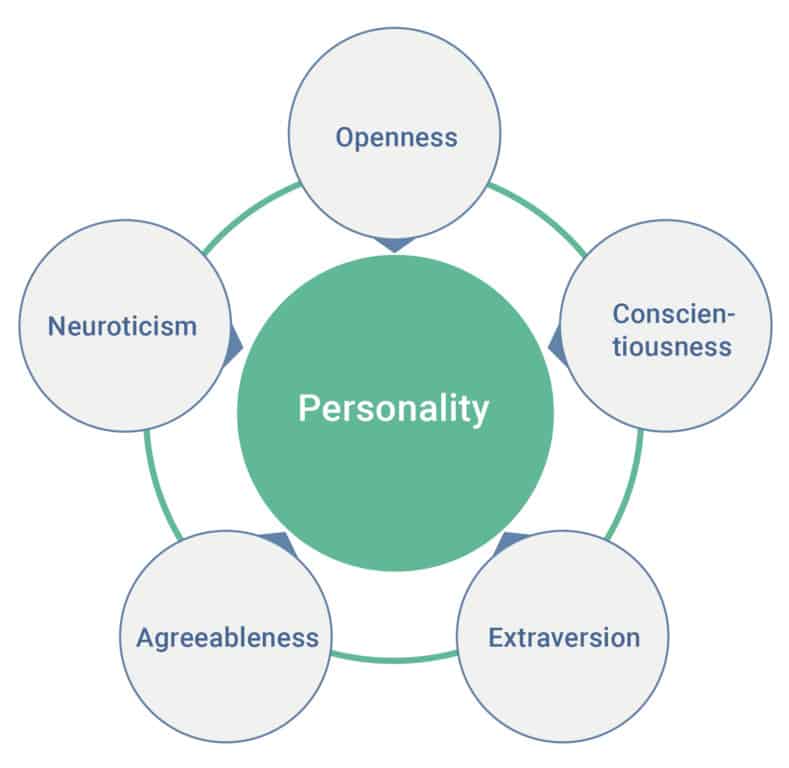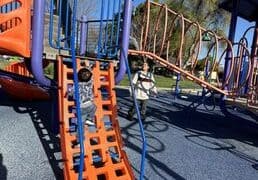Understanding Child Dispositions: A Comprehensive Guide for Parents
Hey there, Super Parents! ? Are you looking to better understand and navigate the intricate world of your child’s disposition? You’ve landed in the perfect spot! In this guide, we’ll dive into the kaleidoscope of dispositions that make each child unique, and we’ll explore how understanding these can help us in supporting and guiding our kiddos towards happy, well-adjusted futures.
What Are Dispositions?
First off, think of dispositions as the inherent tendencies, temperament, or habitual moods that influence how your child interacts with the world. It’s the lens through which they view their experiences and it often shapes their behavior. Knowing the ropes of these dispositions not only helps us to be more empathetic parents but also equips us to provide environments that amplify their strengths and support their growth areas.
Common Dispositions in Children
Children might display a variety of dispositions, from the ever-curious explorer to the thoughtful observer. Let’s take a look at some common dispositions you might notice in children:
- The Eager Learner: This child is always ready to soak up new information or skills, often asking “Why?” or “How?” You’ll probably catch them with a book in hand or building complicated structures with their blocks.
- The Social Butterfly: Some children thrive on interaction. These kiddos love group play, make friends easily, and are often the children bringing others together.
- The Leader: The go-getters who aren’t shy to take charge, organize games, or decide the next play activity. These kids often grow into natural leaders.
- The Creative Spirit: With a rich imagination, these children may be found creating elaborate stories, drawing, and expressing themselves through a variety of art forms.
- The Helper: Always keen to assist, whether it’s with setting the table or helping a sibling tie their shoelaces, these children find joy in lending a hand.
How to Nurture Your Child’s Disposition
Recognizing your child’s predominant dispositions allows you to tailor experiences that nurture their innate tendencies. Here’s how:
- Provide Resources: If you’ve got an Eager Learner, feed their curiosity with books, experiments, and educational outings.
- Encourage Social Interactions: Help your Social Butterfly blossom by arranging playdates, participating in group activities or enrolling them in team sports.
- Foster Leadership Skills: Support your child’s leadership abilities by offering them responsibilities at home or guiding them in conflict resolution within their peer group.
- Inspire Creativity: For the Creative Spirit, ensure they have access to various artistic materials and encourage their creative pursuits.
- Embrace Helpfulness: Appreciate your Little Helper’s actions and involve them in community activities that allow them to help others.
Understanding Challenges and Support Strategies
While it’s fantastic to encourage your child’s natural dispositions, it’s just as important to recognize challenges that may come with each. For instance, your Eager Learner might get easily frustrated when faced with complex problems or the Helper might feel disappointed if their assistance isn’t acknowledged.
As we continue on our parental journey, understanding how to support our children through their challenges is crucial. Whether it’s empathizing with their feelings, teaching resilience, or helping them navigate social dynamics, your support makes all the difference.
But wait, there’s more! We’ve just scratched the surface of the vibrant world of child dispositions. In our next section, we’ll uncover even deeper insights, share heartwarming anecdotes, and provide you with actionable strategies to boost your child’s confidence and happiness. Stay tuned for a fulfilling ride through the colorful landscape of your child’s inner world – where every day is a chance to learn, grow and thrive together! ?

5 Things Parents Should Know in Preparing for Disposition Examples
As a parent, understanding and preparing for the varying dispositions of children can feel like navigating uncharted waters. But fear not, as we provide you with the compass and map to sail smoothly on this voyage. Let’s explore five essential insights:
1. Dispositions are Not Fixed Traits
Children are works in progress, and their dispositions can evolve. It’s essential to remember that the eager learner today may well explore different aspects like leadership or creativity as they grow. An open-minded approach allows for this personal growth and change.
2. Environment Plays a Crucial Role
The surroundings and circumstances you create for your child can significantly influence their dispositions. A nurturing environment is pivotal. This includes their physical space, the behavior modeled by adults, and the emotional climate at home and in school.
3. Keep a Balance
While it’s great to encourage your child’s natural tendencies, a healthy balance is key. For example, while fostering a leader’s skills, also teach them to be good listeners and team players to balance those leadership qualities with empathy and cooperation.
4. Each Disposition Comes with Its Own Set of Challenges
Recognize that no single disposition is all sunshine; there can be rainy days too. For instance, the creative spirit’s rich inner world might mean they’re more sensitive to criticism or less organized. Be prepared to tackle these challenges with patience and understanding.
5. Partnership with Educators is Beneficial
Maintaining a collaborative relationship with your child’s teachers and caregivers can provide additional support in nurturing your child’s dispositions. They see a different side of your child in social and learning settings and can offer valuable insights and strategies.
Delving deeper into the fascinating world of child dispositions can open up a plethora of learning opportunities for both you and your child. With each page turned, you’ll discover how to support, cheerlead and be their anchor. So let’s keep the learning going, and watch as our children paint their own futures with brushes of confidence, empathy, and joy. ??
See more great Things to Do with Kids in New Zealand here. For more information see here
Disclaimer
The articles available via our website provide general information only and we strongly urge readers to exercise caution and conduct their own thorough research and fact-checking. The information presented should not be taken as absolute truth, and, to the maximum extent permitted by law, we will not be held liable for any inaccuracies or errors in the content. It is essential for individuals to independently verify and validate the information before making any decisions or taking any actions based on the articles.




